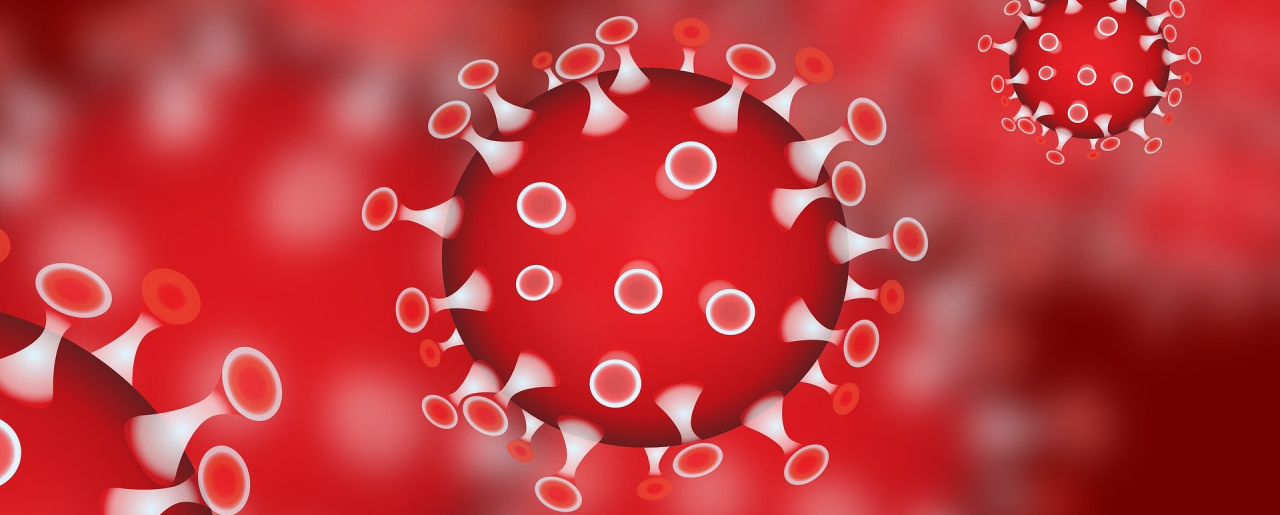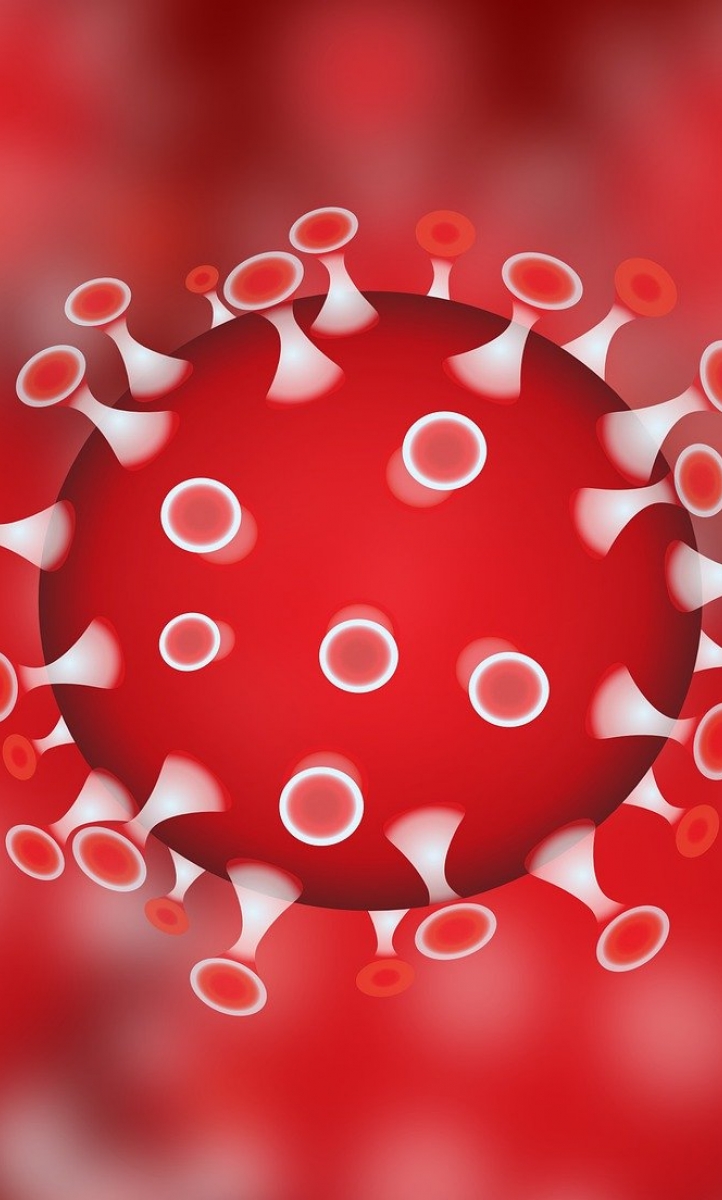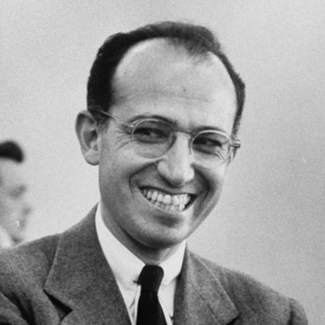As the UK crawls through the second week of its Covid-19 lockdown, all of the talk is of “today questions”. We talk of self-isolation and social distancing, how and why so many tens of thousands of NHS staff and care workers are still without proper PPE (Personal Protective Equipment), about some police forces literally “flipping out”, on how we now have far cleaner air in our cities – see, it is possible! – and whether buying sellotape is an “essential purchase”?
Meanwhile, on Facebook, you read posts showing that self-isolation is not the same experience for everybody: “I am self-isolating in a single room hostel bedsit. My glasses are broken. So I can’t read,” wrote a fellow in London on a thread about self-isolation and the class system. I have read social media posts of people going through serious mental breakdowns online and, at age 72, I am having dreams of dying that I have certainly never had before.
But to look wider, besides huge worries about a 1930s-style economic depression ahead, there also lurks another long-term question for the months ahead: when a Covid-19 vaccine is developed, when it will be potentially possible to curb this wretched global pandemic, who will get that vaccine, how much will it cost the NHS, and who will get it across the world, especially in countries of the Global South?
The last question is pressing. Take Zimbabwe, population 14.8 million. On Monday (30 March), Al-Jazeera reported that Zimbabwe’s health service had access to a total of seven ventilators (There is no typo here). In the UK, by comparison, the NHS can access somewhere between 6,000 and 8,000 of these critical life-saving appliances. Up to 30,000 more ventilators may be ordered by the NHS.
Few sectors more profitable than big pharma
Until this week, it appeared that a Covid-19 vaccine, when it is developed and available, would follow the typical trajectory of many other pharmaceutical products. The government would put up the overwhelming majority of cash and, as of 26 March, the UK government had paid out £216 million to a private-public consortium to discover a Covid-19 vaccine. Usually, a pharmaceutical company would top up the funds, conduct research, and be awarded an exclusive patent monopoly by the government. And then, we, either a government/NHS or an individual consumer, would buy that drug back at very steep prices. (Few industrial sectors are more profitable than big pharma).
It is a process sometimes called “double dipping,” Dr Dean Baker of Utah told Green World in a phone interview this week. A highly-respected economist and co-founder of the Center for Economic and Policy Research in Washington DC, Baker has studied the inequity and inefficiency of the patent system over decades, especially for pharmaceuticals. Chapter Five of his downloadable 2016 book RIGGED sets down his withering critique. “If a government already pays for the drug research, why is there any reason for a patent monopoly as well?” Baker asked provocatively in our interview.
According to the author of one recent expose of pharmaceutical funding, the US Government’s National Institutes of Health have spent a whopping US$900 billion since the 1930s to finance research, which drug companies then “used to patent brand-name medications”. The same financing mechanisms are used in the UK, albeit on a smaller scale, for the benefit of British-owned companies such as GlaxoSmithKline plc and those owned elsewhere.
Could you patent the sun?
Yet, at the same time, vaccines do not always follow this typical “rush to patent” trajectory for pharmaceuticals. Back in the 1940s and 1950s, another pandemic – dreaded polio – was sweeping the world and as many as 500,000 people, including many children, were dying and being paralysed by this virus every year at its peak. In 1955, US physician and medical researcher Dr Jonas Salk and his team developed the Salk vaccine. Freely available across the world, this vaccine eradicated polio.
“Who owns the patent in this vaccine?” Dr Salk was asked in a 1955 television interview. His reply still inspires many. “The people, I would say. There is no patent. Could you patent the sun?”
As I ask over the phone “where is Dr Salk now that we need him again?”, global pharmaceutical access campaigner Heidi Chow of London passionately tells me: “Never forget what Salk knew: vaccines and medicines are not consumer luxuries like handbags and sneakers.” Chow works with Global Justice Now and has just written an article aptly titled, 'The race for a coronavirus vaccine proves big pharma isn’t fit for purpose’.
Indeed, the issue goes far beyond that of a few heroic individuals. In fact, and this is a second break in the trajectory, it is unusual for big pharma to even want to be part of a race for a vaccine in this current era. In 1973, for example, a total of 25 companies produced vaccines for the US market. By 2003, just three companies did. Vaccines are not where the profits lie. A vaccine for SARS was shelved: “If investments had been made previously, we potentially could have a [coronavirus] vaccine ready to go now,” a leading scientist concluded in March to the US Congress. The Ebola crisis again showed how vaccine production by large US and European pharmaceutical firms was woeful. The entire system is beyond mere repair.
But the magnitude of coronavirus pandemic may be about to rupture the typical vaccine trajectory in a third way. This week, somewhat unexpectedly, the Director General of the World Health Organisation (WHO) tweeted his support for Costa Rica’s proposal that companies working on coronavirus treatments should voluntarily pool their intellectual property (mainly patents) for all medical interventions. This would include all life-saving treatments, diagnostics and, most importantly, vaccines.
“I welcome this initiative and call [from Costa Rica] for pooled rights to COVID- 9 diagnostics, drugs and vaccines” tweeted WHO director general Dr Tedros Adhanom Ghebreyeusus. “These efforts are rooted in our commitment to equitable access for all,” he continued.
“Equitable access for all” is definitely not what big pharma is all about. The coming days and weeks will see whether governments and multinational corporations will continue to permit, respectively, their citizens and their workers to be held hostage to the global pharmaceutical patent system.
“Now is the time for national governments to step up and get behind the call by the WHO for the pooling of all coronavirus-related technology,” says Zain Rizvi, the author of a recent report, Blind Spot, by the US consumer advocacy group Public Citizen, when I tell him of the WHO statement. Chow echoes that view. And so should progressive forces in the UK and around the world.
A major global confrontation is brewing. On the one hand, “pharmaceutical companies view Covid-19 as a once-in-a-lifetime business opportunity” and “the worse the pandemic gets, the higher their eventual profit,” concluded well-known investigative journalist and industry analyst Gerald Posner in a recent interview.
On the other hand, the death toll from Covid-19 pandemic mounts daily – it is 42,385 as I write this on the morning of 1 April – and even Prime Minister Boris Johnson was forced to contradict Tory philosopher queen Margaret Thatcher and admit at the first of this week “there really is such a thing as society.” (Mind you, whether there is anything behind that riff is another matter.)
Typical manoeuvres by big pharma and compliant governments
During the still-relatively brief 2020 coronavirus crisis, we have already witnessed a series of typical manoeuvres by the pharmaceutical companies, as well as reactionary nationalist “every man for himself” governments. A few examples of how patent power has been operating during the COVID-19 pandemic:
-
The Trump administration reportedly offered to pay a German medical company “large sums of money” for exclusive rights – that is, for use only in the US – for a Covid-19 vaccine that the company was developing. It was an entirely believable report, though the US government denied it.
-
In France, a major collusion scandal is brewing in which the government may arguably be “helping big pharma to profit from the expansion of Covid-19”. In an understatement: “Informed French citizens are absolutely furious about it.”
-
Back to the US. Last week, and following a huge outcry, a drug company was forced to withdraw an exclusive marketing deal it had been awarded for an antiviral drug. The reason? The deal awarded by the US government was clearly illegal.
Self isolation ludicrous in Zimbabwe
Despite the current concentration of Covid-19 cases in the Global North, it is in the countries of the Global South where, in the absence of a free coronavirus vaccine, deaths will be most widespread.
In an initial brief blog report dated 23 March, Sara Arber and Robert Meadows, two University of Surrey sociologists, wrote: “In these poorer countries, the societal implications of the CV-19 pandemic are likely to be even greater than in developed societies, such as Italy, Spain and the UK. If the health care system in Italy and the UK ‘can’t cope’ with providing intensive care treatment for the seriously ill with CV-19, there is little hope that access to such intensive medical care will be available for the majority of the population in Africa or other poorer countries. Thus, the consequences of the pandemic will likely be many times graver for the Global South…”
They continue: “The guidance to self-isolate in the UK and Europe… is likely to be impossible in poor countries, except among the wealthy elite. In Africa, many people live in shanty towns, do not have running water or latrines, therefore the ‘preventive’ measures of ‘self-isolation’, social distancing and to ‘wash your hands’ will be ludicrous.”
To conclude with Zimbabwe. As already noted, there are a total of seven ventilators available in the entire country. The country has just begun lockdown and people are saying “you win coronavirus or you win starvation”. An estimated 12 per cent of the population already suffers from HIV-AIDS. Hundreds of people share a single water tap. This week, reports say many Zimbabwe doctors and nurses have gone on a strike due to the absence of any, let alone proper, PPE.
Without a free Covid-19 vaccine developed in the spirit of Dr Jonas Salk, such countries will truly become the killing fields on a scale we cannot begin to imagine.
+++++++++++++++++++
[Note to readers: I have cited many US studies and commentators in this article because so much of the pharmaceutical industry is centred in the US and drug costs to consumers are a major consumer issue there. Here in the UK, the huge costs of the patented pharmaceuticals are largely borne by the NHS, but are seldom discussed. One non-authoritative report I read suggested the NHS drugs budget had increased by seven per cent in the past year.]
You can sign the Global Justice Now petition on the need for an affordable COVID-19 vaccine for all on the organisation’s website.
Alan Story is a retired reader in Intellectual Property Law and a member of the Green Party in Sheffield.



